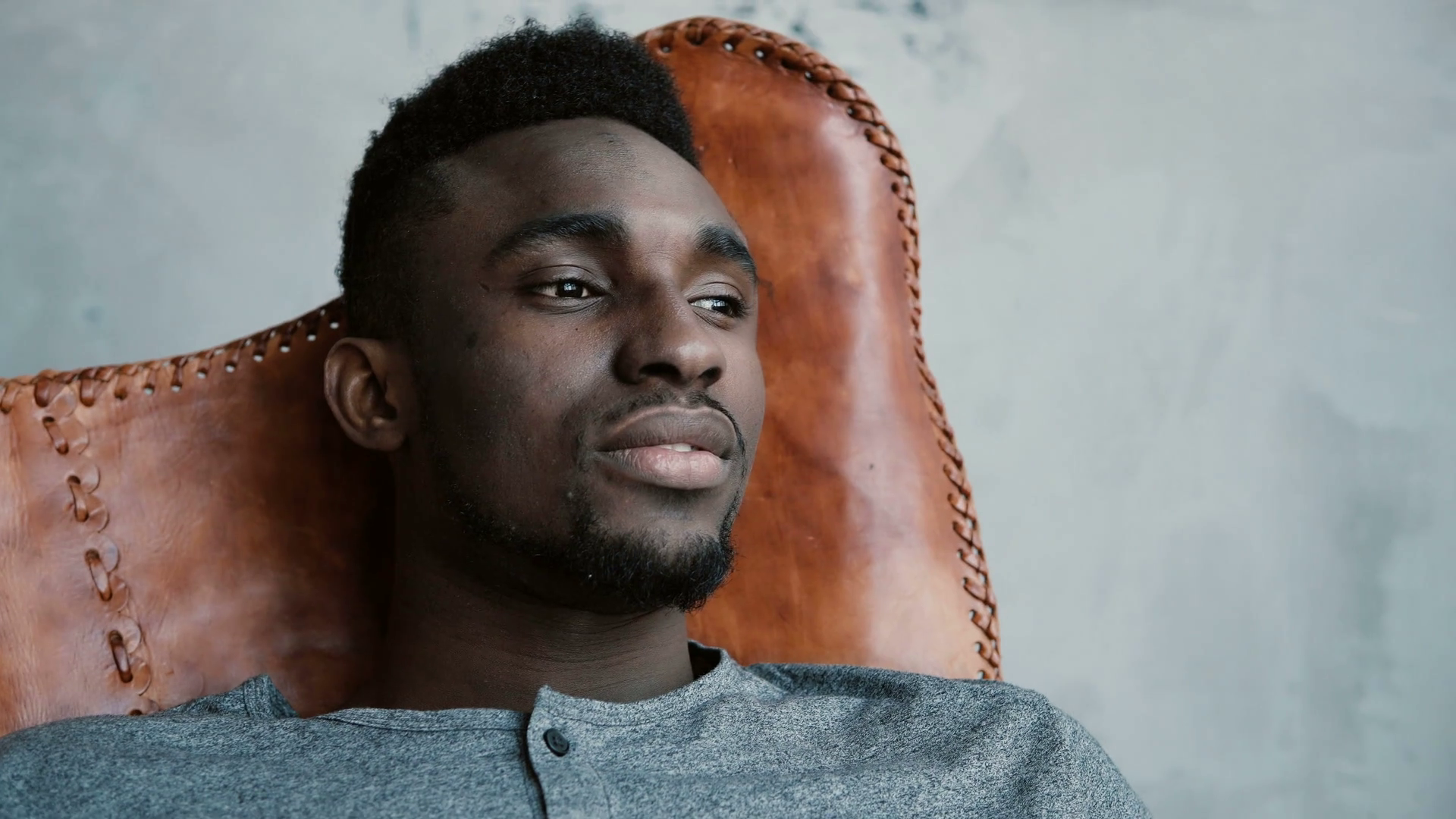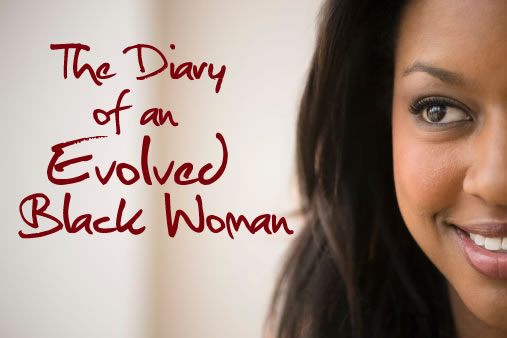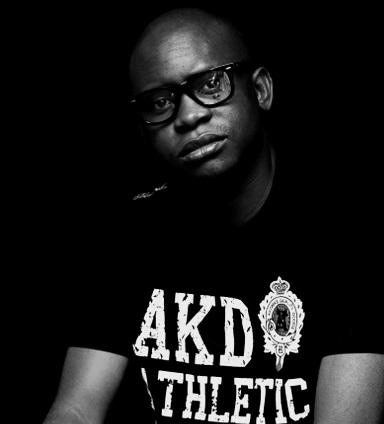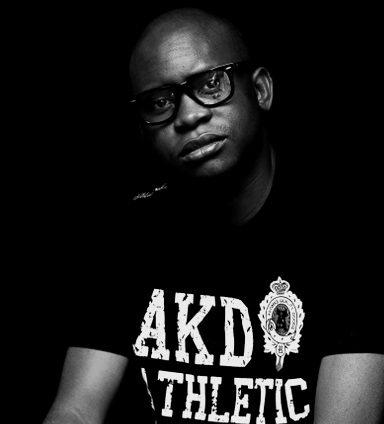Moving houses recently, I discovered a sobering fact that many of us have an instinct to hoard things that we no longer want or need. Why then, is the critical question, are we so reluctant to declutter? We weigh ourselves down with stuff – including people – that we then spend time and effort trying to get rid of. Psychologists have a term, ‘loss aversion’, which explains a lot. We place a higher value on things we already have and might lose than we do on things we don’t have but might get. Even if, in practice, they’re both equally easy to get rid of.
A trivial but good example is a souvenir. My mother has a room filled with brushes, plastics, utensils, frames, flasks, appliances that she never uses. She may be having a clear-out day, and she thinks, Shall I get rid of this? Then she thinks No. I might need it, I’ll keep it. If she was at a car-boot sale, and the same kitchen knife was for sale for N100, she wouldn’t buy it. She wouldn’t value it enough to spend N100 on it, but because she already has it, she is reluctant to give it away.
We too, seem to be instinctive hoarders. There is a point to keeping older things that might one day be useful – that’s being frugal. But it’s difficult to adjust that to the reality where we have too many things. The instinct to hoard seems natural to us. This becomes a problem.
The practical space is the least of our worries. It’s a psychological problem. There seems to be a certain amount of stuff we can cope with. You can feel overwhelmed by the presence of too many things. We need a sense that we are in control. You need to know what you’ve got, where things are. And when things become too much, you no longer know where everything is and you can’t find what you need. That becomes oppressive. Decluttering is a simple way to make you feel better. Every time you do it, you feel you’re regaining a bit of control.
I think that the main reason why we are so reluctant detach ourselves from stuffs that don’t necessarily make us is feel good is the fear of regret. We don’t want to regret throwing anything away. But we have to take that risk. That’s the price we pay for moving on a little bit. It’s not such a big deal. There are very few things so precious that you can’t take the risk of them away.
Well, one wants to strike a balance. To get rid of everything would seem to deny the past. We don’t know what’s going to matter to us in the future. You have to be prepared for that and remember that ultimately things are only reminders. If it really matters, it will be where it counts in your head or in your heart.
We are, whether we like it or not, always in the present. The past is receding; we can’t be stuck in the past. If we place the value of our lives too much on the things we’ve got under our belt, we’re in danger of losing sight of the fact that life never stops.
There’s a kind of fearful liberation in getting rid of things, even the good things, because there’s more to come. The future is still open. We’re not defined by what’s happened to date. It’s not good to make too much of things that you’re proud of. My first book would soon go into print, and there is this trap of putting a copy on a pedestal in the library or on the coffee table, or hallway. I have to mentally inform myself that I’m more interested in the books I’d like to write. If I sit there admiring my backlist, I’m in danger of not making the future what it could be.
People can be wedded to a role. You could have someone whose whole office is decorated with certificates or with photos of children who have left home. In both cases, the people may be too attached to their identity as doctor, lawyer, or mother, and perhaps they are denying their other facets.
Life is a constant process of reassessment. We are often more fluid and changeable and malleable than we think, and it’s helpful to appreciate that. And that includes a constant openness to the fact that you could be wrong about how you thought you felt. Being open to revision is helpful. We all contain contradictions and complexities at any one moment, so an attitude of openness is important, and holding on to certain key things may close that down.
There’s a school of thought that we can only understand ourselves by our past. Some people want to hold on to past pain, and they can end up defining themselves by their problems. There are people who find comfort in believing that present problems are the result of a bad time in the past. Holding on to bad experiences is another way that we present ourselves from moving forward.
We all tell stories about ourselves to make sense of our lives, which can include unpleasant things. We tend to assume that the story we tell ourselves today is the same one we’re going to tell in 10 years’ time. But we often fail to appreciate that these narratives can always be rewritten. There’s more than one way of telling the story. Holding on to certain things may be a way of holding on to one particular story about the past, which may not be the most helpful one.
We may need to get rid of our personal baggage. Baggage is an interesting metaphor I chose to use here because it’s automatically seen as negative, but that’s not necessarily the case. If you meet someone who is 30 years old with no ‘baggage’, you might wonder what they’ve been doing. When you’re travelling you need a certain amount of stuff. The whole point of decluttering is to make sure that what you’ve got in your bag is what you need, and isn’t weighing you down.
We are our baggage. The experience we have that builds up around us, and the memories, that is our self.
This post has already been read 4476 times!















